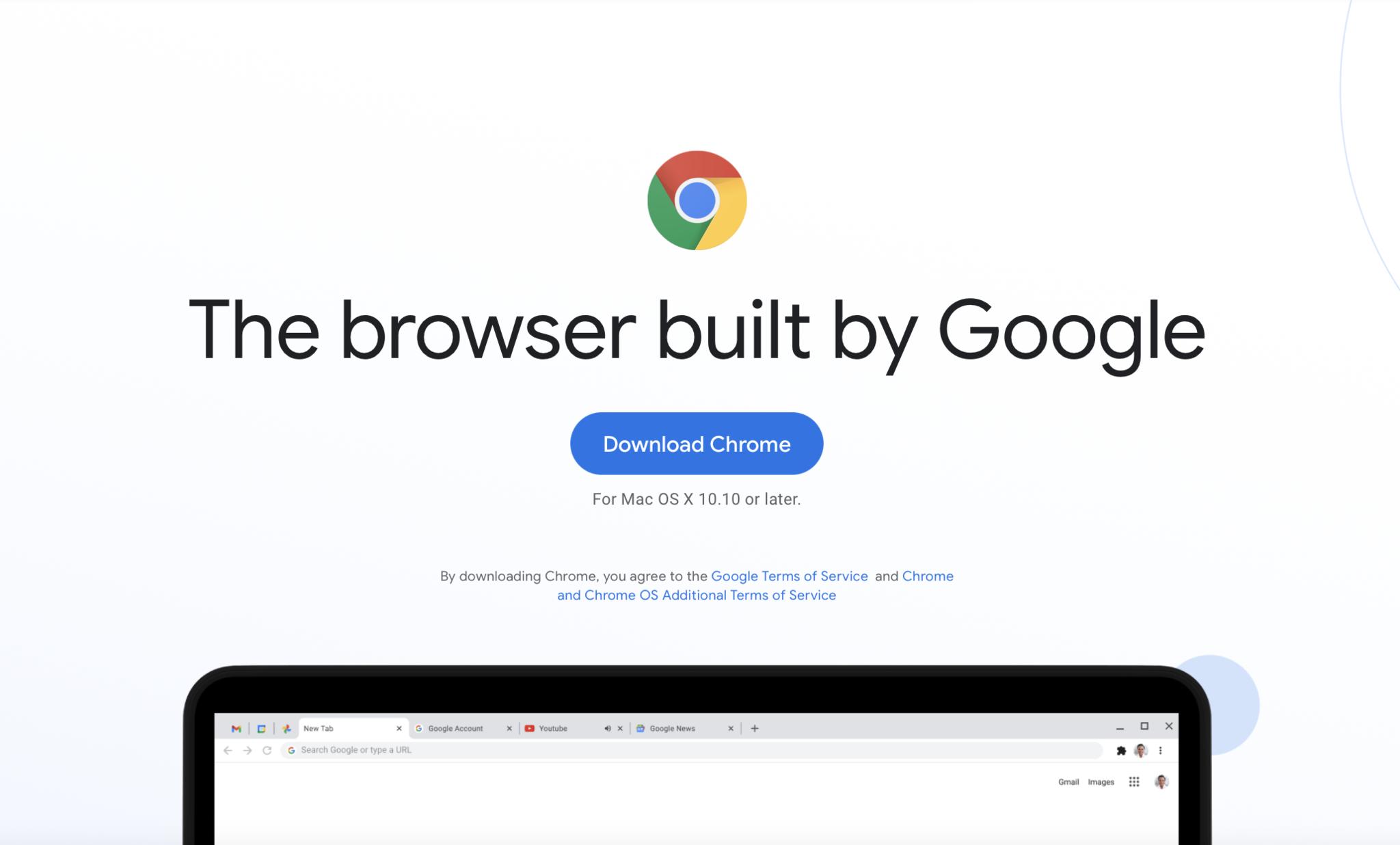Chrome gets a big boost on Apple silicon Macs.
What you need to know
- Google Chrome with native Apple silicon support is now available.
- Benchmarks are showing upwards of 2x performance boosts compared to the x86 version.
Reported by Ars Technica, Google has released a version of Chrome that natively supports Apple silicon and, according to benchmarks, achieves impressive speeds compared to the translated version running through Rosetta 2.
When Apple originally released its new M1 MacBook Air, 13-inch MacBook Pro, and Mac mini, Google Chrome did not natively support the new M1 processor and ran through Rosetta 2, Apple's translation software, in order to operate on the new Macs. While many have said even this version ran quite smoothly on the new Macs, the new Apple silicon-supported version of Chrome absolutely smokes it.
Ars Technica ran the Speedometer speed test and found that the Apple Silicon version of Chrome received an almost 2x performance boost when compared to the x86 version running through Rosetta 2.
The first benchmark ... Speedometer, is the most prosaic—the only thing it does is populate lists of menu items, over and over, using a different Web-application framework each time. This is probably the most relevant benchmark of the three for "regular webpage," if such a thing exists. Speedometer shows a massive advantage for M1 silicon running natively, whether Safari or Chrome; Chrome x86_64 run through Rosetta2 is inconsequentially slower than Chrome running on a brand-new HP EliteBook with Ryzen 7 Pro 4750U CPU.
For some, Chrome updated to the Apple silicon version automatically. However, if Chrome has not updated to the Apple silicon version, you can download it from the Google Chrome website. To check out all of the benchmarks run by Ars Technica, check out the rest of their report.
Google Chrome sees up to 2x performance boost on Apple silicon posted first on http://bestpricesmartphones.blogspot.com

No comments:
Post a Comment